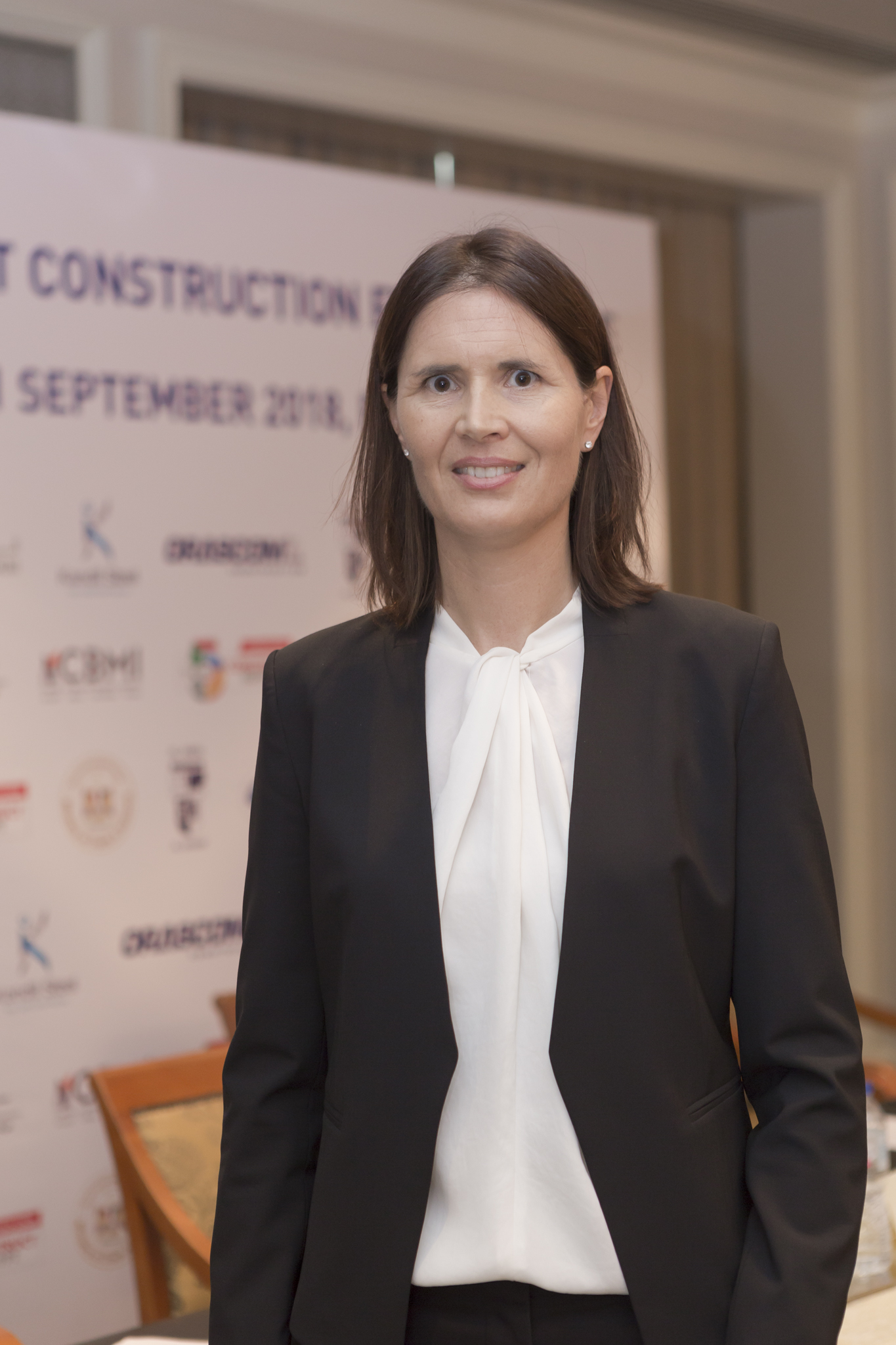CAIRO: The political future of Egypt will be dominated by one or two main parties, said head of the Shoura Council and Secretary General of the ruling National Democratic Party (NDP) Safwat El-Sherif.
Speaking on Egyptian television Sunday night, El-Sherif said that he expects the political arena in Egypt to eventually be dominated by two parties that would either alternate power or form a coalition.
This is what happens in any “democratic country or any country seeking democracy, he said, possibly in allusion to the US and the UK where two main parties dominate.
“Any other party sharing power will just be the NDP with a twist, opposition Karama party leader Saad Aboud told Daily News Egypt.
“To have the suitable climate for proper opposition with free elections you need a political will which they will not allow. His comments are not credible and not based on any reality, Aboud added.
The NDP has been the party in power since its formation in 1978 by then President Anwar Sadat. After his assassination, his successor Hosni Mubarak became party leader.
There have been numerous accusations of fraud in both parliamentary elections as well as presidential elections and referendums in the past.
“There is no party to alternate power with the NDP in this climate, head of the Arab Socialist party Waheed Al-Aqsari told Daily News Egypt, “a climate which renders opposition parties merely as a form of political décor.
It “prevents them from participating in political life, whether in a legislative capacity or on television and on university campuses, he added. “They also deny us organizing public rallies under the pretext of security.
El-Sherif’s comments have led some to speculate that it is the NDP that will split into two parties, to offer a more democratic façade of political realities in Egypt.
“If the NDP splits into two parties it will be ironic and insulting, Al-Aqsari said, “it will truly be contemptible.
Egypt has a presidential, not a parliamentary system of rule, unlike Israel where parties often form coalitions to have a majority-mandated government.
As for recent speculation that the People’s Assembly would be dissolved, El-Sherif said “It is the right of the President, but why all this speculation? It is a matter only in the hands of the head of state.
He said parliamentary elections were scheduled for 2010, in both the Shoura Council and People’s Assembly.
Despite persistent denials by the NDP, local opposition papers continue to report that there are plans to dissolve parliament as part of a wider scheme to facilitate the transition of power in Egypt.
“The decision is Mubarak’s and we don’t know what is in his head, but for it to happen it needs to be the result of a constitutional necessity, which they might fabricate, Aboud said.

